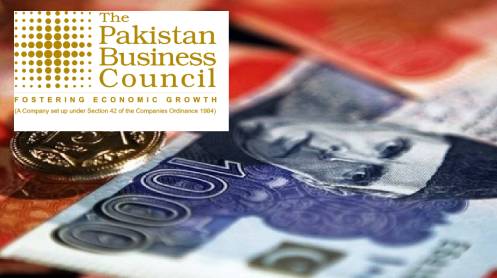KARACHI: The Pakistan Business Council (PBC) has expressed serious concerns over certain budget proposals, fearing they will negatively impact the formal, tax-paying sector of the economy. The PBC criticized the government’s focus on significantly increasing the tax-to-GDP ratio without a corresponding reduction in government expenditure, arguing that it places an unfair burden on existing taxpayers.
In a statement released on Thursday, the PBC noted that its recommendations to reduce the heavy tax burden on the formal sector were not considered. However, the council acknowledged the government’s efforts to control inflation, reduce interest rates, and lower electricity prices for industrial units.
Ehsan Malik, the PBC chief, in a letter to Finance Minister Muhammad Aurangzeb, highlighted the detrimental effects of proposed tax rate increases for salaried individuals. He warned that these measures would exacerbate the brain drain, with a 119% rise in Pakistani emigrants, many of whom are experienced professionals. The proposed tax changes, especially the lower income limit for the highest tax rate of 35%, would accelerate this talent exodus, harming the formal sector and increasing the shift to the informal, untaxed economy.
Malik emphasized the disparity between the private sector and government employees, noting that while the government can print money and borrow to fund salary increases, the private sector cannot. This disparity will drive professionals to seek low-tax environments both domestically and abroad.
He called for the phasing out of the super tax, elimination of double taxation on inter-corporate dividends, and a reduction in the corporate tax rate to prevent capital flight. Malik also urged the government to address the anomaly of minimum tax on the turnover of businesses entitled to tax holidays and to reduce the tax on dividends to 15%.
Malik criticized the budget for failing to attract and retain investment, warning that the proposals would deter both foreign and local investors. He pointed out the adverse effects on the export sector, arguing that instead of reducing export costs, the budget proposals increase the disadvantages faced by Pakistani exporters compared to their counterparts in India, Bangladesh, Vietnam, Indonesia, and Egypt.
The PBC also disapproved of the plan to double the simple 1% tax on export proceeds and the shift to a 39% tax rate on exporters, which is significantly higher than rates in competing countries. Malik concluded that these measures would further hinder Pakistan’s competitiveness in the global market.





